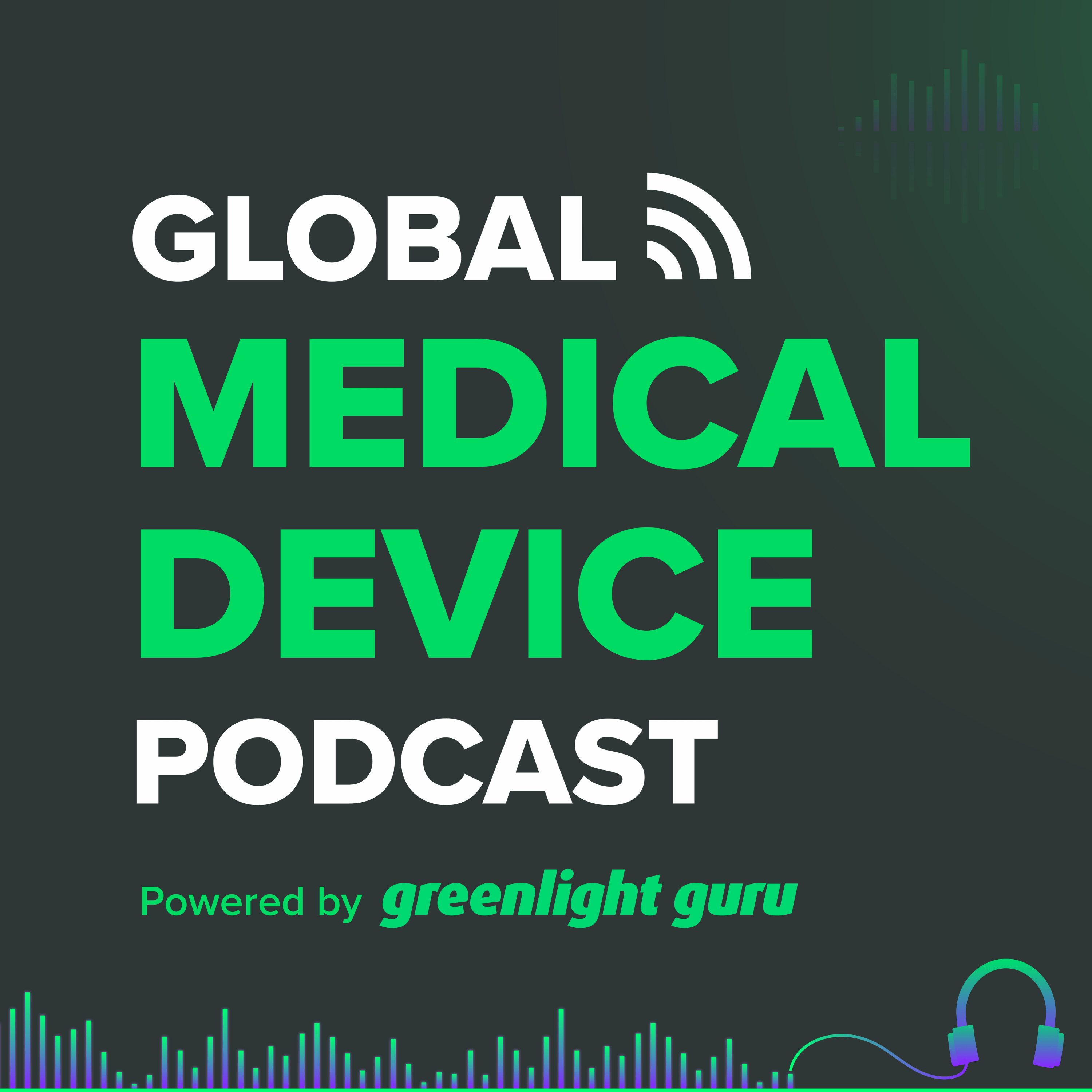Episode 27
Tips for Avoiding Problems with the First-In-Human Study Process with Mike Drues
When it comes to moving from the conceptual phase of developing a medical device and actually doing first in-human studies, you first need to prove that your device is safe and effective.
The documentation that goes along with that can be cumbersome, but, as Michael Drues, today’s guest, says, it’s necessary to prove that what you’re doing is safe.
Mike Drues is the president of Vascular Sciences. He consults with FDA, Health Canada and other regulatory bodies and also works with medical device companies to help them get their products ready for approval. He has the unique perspective of seeing medical device issues from both sides, because he works with regulatory agencies as well as development companies.
Today we’re discussing the topic of first in-human studies and what needs to go into the development process before devices can be used on and in actual people.
Some of the topics that you’ll hear discussed include:
-Some of the logistics that go along with those in the proof-of-concept phase: how to meet regulatory and ethical obligations without constructing too many barriers.
- The importance of objective evidence that a new device is safe, and how to balance that with the potential burden of documentation.
- How to handle offshore trials if you want to submit the data later as part of your FDA regulatory data submission.
- Hints on how to choose a country as a place to perform your offshore trials.
- Tips on avoiding problems with the first-in-human study process.
- How to handle the pre-submission process?

